Hypertension in pregnancy is generally defined as a diastolic blood pressure of 90 mm Hg or greater or a systolic pressure at or above 140 mm Hg. Preeclampsia is defined as the development of hypertension with proteinuria or edema induced by pregnancy, generally in the second half of gestation. It is more common in women who have not carried a previous pregnancy beyond 20 weeks and in women at the extremes of the reproductive years.
A recent study sought to examine whether selective serotonin reuptake inhibitor (SSRI) antidepressants increase the risk of preeclampsia since serotonin may play a role in the etiology of preeclampsia through its vascular and hemostatic effects. Toh and colleagues analyzed data from 5,731 women with non-malformed infants and no history of hypertension who had participated in the Slone Epidemiology Center Birth Defects Study from 1998-2007. Risk of gestational hypertension and preeclampsia were compared between women who did and did not receive SSRIs during pregnancy.
Risk of gestational hypertension and/or preeclampsia was associated with various demographic variables: younger maternal age, being Caucasian, being unmarried or not living with the child’s father, lower family income, younger age at menarche, cigarette smoking, diabetes mellitus, higher pre-pregnancy body mass index, multiple gestations (twins or more), first time pregnancy, and history of fertility treatment.
This study observed that gestational hypertension was present in 9.0% of the 5,532 women not treated with SSRIs and 19.1% of the 199 women who were treated with SSRIs. The authors then broke down the findings among the group exposed to SSRIs into two groups: women who had stopped their medication before the end of the first trimester and those who had continued treatment beyond the first trimester. Additional analyses indicated that among the women who took SSRIs, gestational hypertension was present in 13.1% of the 17 women who received treatment only during the first trimester and in 26.1% of the 92 women who continued SSRIs beyond the first trimester.
Preeclampsia was present in 3.7% of the women exposed during the first trimester, and 15.2% of women who continued treatment beyond the first trimester, compared to 2.4% of women who were not exposed to SSRIs.
While the present study suggests that SSRI treatmentamong pregnant women may be associated with a higher risk for gestationalhypertension and, particularly, preeclampsia, the authors addressed potential confounders for their findings, including depression itself. Several previous studies have shown a link between depression and anxiety and risk for preeclampsia, and it has been suggested that both conditions may trigger the pathogenic vascular processes that lead to gestational hypertension (by inducing vasoconstriction and uterine artery resistance). One Finnish study quoted a threefold risk for preeclampsia among women with depression and anxiety.
It is thus possible that depression itself, rather than exposure to SSRIs, increases the risk of preeclampsia. In the present study, there was also a greater occurrence of gestational hypertension and preeclampsia among women who were treated with non-SSRI antidepressants (SNRIs and tricyclic antidepressants) when compared to women not treated with medications. The authors remark that this finding “suggests that women who need antidepressive agents might be at an increased risk for these outcomes and that the increased risk might not be related to SSRIs themselves.” Additionally, as the authors point out, those women who continued to receive SSRI treatment (and who had greater incidence of preeclampsia), “might have had a more severe condition that required pharmacological treatment. Thus the higher risk for preeclampsia associated with continuation of treatment after the first trimester might simply reflect a more severe mood disorder.”
Well-designed and powered prospective cohort studies are needed to clarify whether there is any contribution from the medication over and above what has been shown from the underlying mood disorder. This question can only be answered by a study where women with depression can be compared head to head: those receiving SSRI treatment and those who are depressed but are not receiving any treatment. At this point, it does seem wise to advise women with depression to be monitored by their obstetrician’s for gestational hypertension, whether or not they are treated with antidepressants.
Kimberly H. Pearson, M.D.
Qiu C, Sanchez SE, Lam N, Garcia P, Williams MA: Associations of depression and depressive symptoms with preeclampsia: results from a Peruvian case-control study. BMC Womens Health 2007; 7:15.
Toh S et al. Selective serotonin reuptake inhibitor use and risk of gestational hypertension. American Journal of Psychiatry 2009, 166:3, 320-328.
Kurki T, et al. Depression and anxiety in early pregnancy and risk for preeclampsia. Obstet Gynecol 2000; 95:487-490.

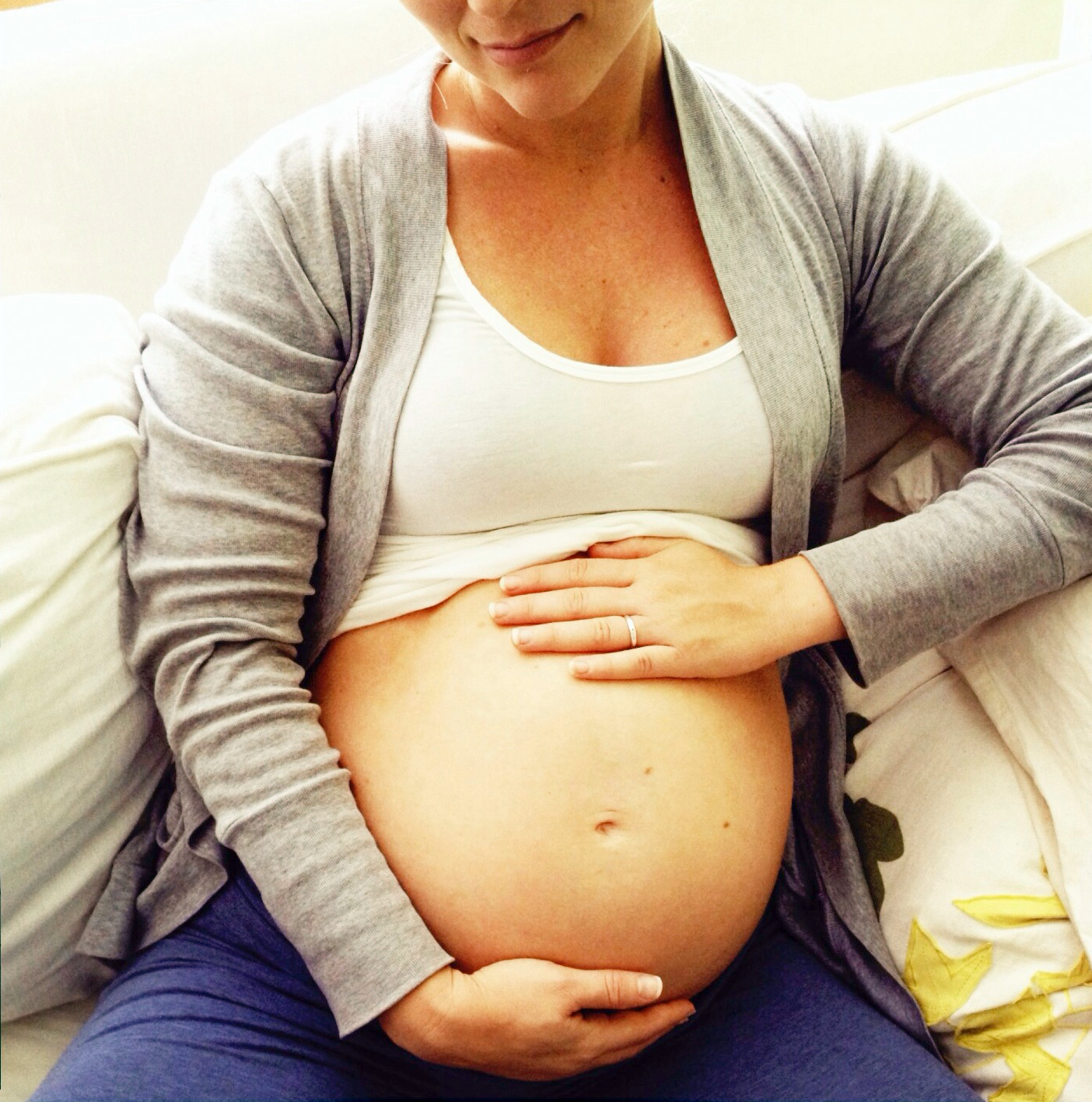

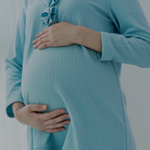
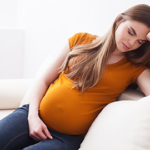
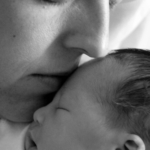
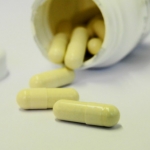

Leave A Comment